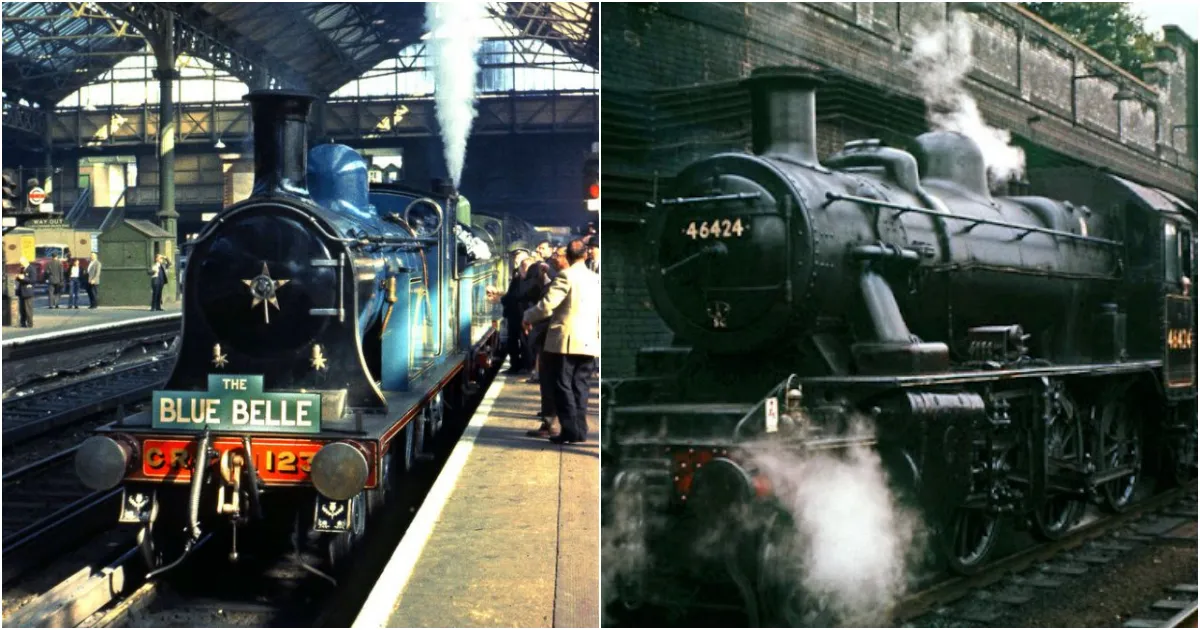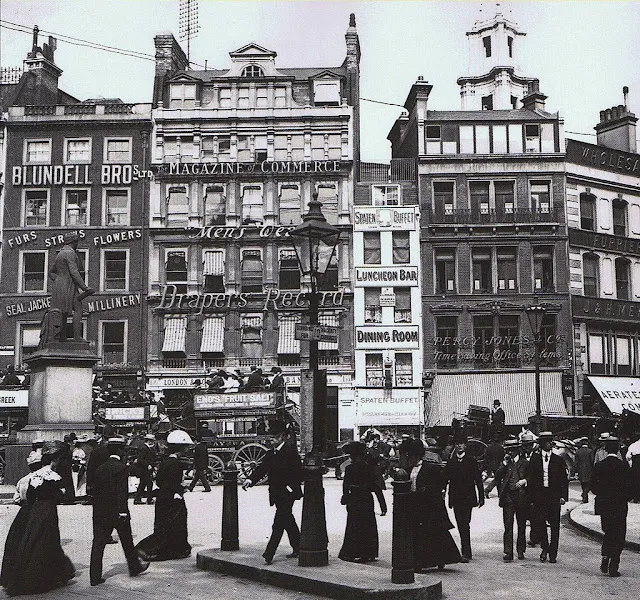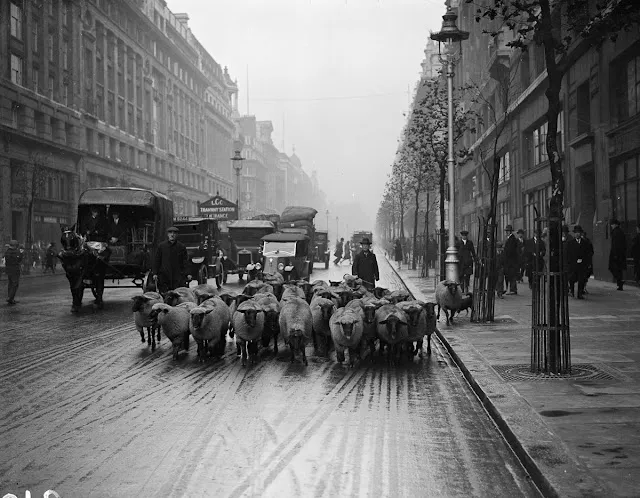In the 1920s and 1930s, sheep were routinely introduced into London parks to keep the grass under control and reduce mowing costs. Shepherds competed for the privilege of grazing their flocks on Hyde Park, Kensington Gardens, Clapham Common and other pastures around the city.
Though these woolly lawnmowers were eventually barred from grazing in the city in the late 1950s, they have recently experienced a resurgence. In 2010, sheep were introduced to Hampstead Heath as an eco-friendly alternative to machine mowing.

|
| Crossing the Waterloo Bridge, 1924. |

|
| A flock of sheep head down the Kingsway in London, 1926. |

|
| On the Strand, 1926. |

|
| Holding up traffic in the Aldwych, 1928. |

|
| In Hyde Park, 1929. |

|
| Heading down Piccadilly from Hyde Park to Green Park, 1931. |

|
| 1931 |

|
| A straggler dodges traffic in Hyde Park, 1933. |

|
| 1933 |

|
| By the Serpentine in Hyde Park, 1936. |

|
| On Queen Victoria Street, 1937. |

|
| 1938 |
In the 1920s and 1930s, sheep were routinely introduced into London parks to keep the grass under control and reduce mowing costs. Shepherds competed for the privilege of grazing their flocks on Hyde Park, Kensington Gardens, Clapham Common and other pastures around the city.
Though these woolly lawnmowers were eventually barred from grazing in the city in the late 1950s, they have recently experienced a resurgence. In 2010, sheep were introduced to Hampstead Heath as an eco-friendly alternative to machine mowing.

|
| Crossing the Waterloo Bridge, 1924. |

|
| A flock of sheep head down the Kingsway in London, 1926. |

|
| On the Strand, 1926. |

|
| Holding up traffic in the Aldwych, 1928. |

|
| In Hyde Park, 1929. |

|
| Heading down Piccadilly from Hyde Park to Green Park, 1931. |

|
| 1931 |

|
| A straggler dodges traffic in Hyde Park, 1933. |

|
| 1933 |

|
| By the Serpentine in Hyde Park, 1936. |

|
| On Queen Victoria Street, 1937. |

|
| 1938 |



